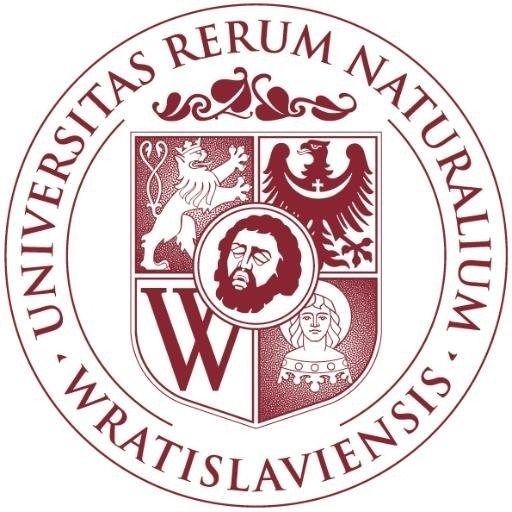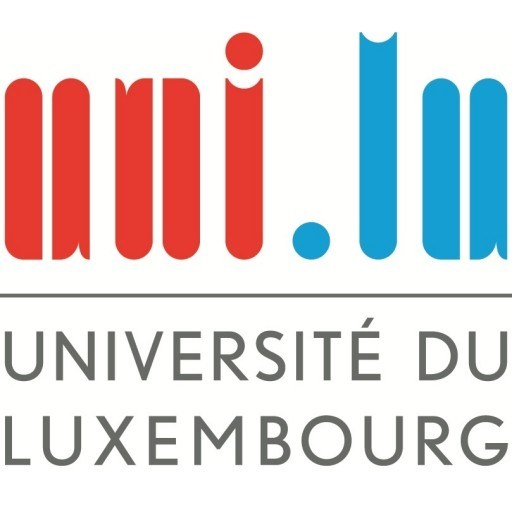The Veterinary Medicine program at Wroclaw University of Environmental and Life Sciences is a comprehensive and rigorous educational path designed to prepare students for a professional career in animal health and welfare. This interdisciplinary program combines theoretical knowledge with practical skills, ensuring graduates are well-equipped to diagnose, treat, and prevent health issues in a wide range of animal species. Throughout the program, students engage in extensive coursework covering anatomy, physiology, microbiology, pharmacology, pathology, animal husbandry, and clinical practices, fostering a deep understanding of animal biology and medicine.
The curriculum emphasizes hands-on experience, with students participating in internships and clinical rotations in university-affiliated veterinary clinics and partner institutions. This practical training enables students to develop competencies in performing medical procedures, surgical operations, and diagnostic tests, as well as honing their communication skills for effective interaction with pet owners, farmers, and other stakeholders. The program also incorporates elements of public health, food safety, and animal welfare legislation, reflecting the broader responsibilities of veterinarians in society.
Students benefit from a modern educational infrastructure, including well-equipped laboratories, simulation centers, and animal facilities designed to facilitate high-quality training. The faculty comprises experienced veterinarians and researchers committed to advancing veterinary science through innovative teaching and research activities. Graduates of the program receive a Veterinary Medicine degree recognized in Poland and across Europe, qualifying them to work as licensed veterinarians in various settings, including private practices, clinics, pharmaceutical companies, and research institutions.
The Veterinary Medicine program at Wroclaw University of Environmental and Life Sciences is dedicated to fostering professional excellence, ethical responsibility, and lifelong learning, ensuring students are prepared to meet the evolving challenges of veterinary healthcare. The program's localization within Poland offers students a unique opportunity to understand regional animal health issues and contribute meaningfully to local and international veterinary practice.
The Veterinary Medicine program at Wroclaw University of Environmental and Life Sciences offers comprehensive education and training designed to prepare students for a professional career in veterinary medicine. The program provides a strong foundation in animal health, physiology, pathology, microbiology, pharmacology, and clinical practices, ensuring graduates are well-equipped to diagnose, treat, and prevent diseases in a wide range of animal species. Throughout the course, students engage in theoretical coursework complemented by extensive practical training, including internships and laboratory work, to develop essential skills in animal care, surgical techniques, and diagnostic procedures.
The curriculum emphasizes a multidisciplinary approach, integrating aspects of biology, chemistry, and medicine to foster a deep understanding of animal biology and health management. Students are introduced to topics such as epidemiology, veterinary public health, food safety, and welfare, preparing them to address contemporary challenges in veterinary practice both in clinical settings and in animal husbandry. The program also emphasizes ethical considerations, communication skills, and professionalism, which are vital for effective practice and client relations.
In addition to classroom instruction, students participate in clinical rotations at university veterinary clinics and partner farms, gaining practical experience under the supervision of experienced veterinarians. This hands-on approach is designed to build confidence and competence in a variety of veterinary procedures, including surgical interventions, diagnostics, and preventive care. As part of their education, students also engage in research projects, encouraging innovation and critical thinking in animal health sciences.
Graduates of the Veterinary Medicine program at Wroclaw University of Environmental and Life Sciences are prepared to work in diverse settings, such as private veterinary clinics, animal hospitals, research institutions, and governmental agencies involved in animal health regulation and disease control. The program aims to produce highly skilled professionals committed to improving animal well-being, public health, and food safety, reflecting the university’s dedication to excellence in veterinary education and research.
Candidates for these studies have to possess a high level of knowledge on the subjects of: Chemistry, Biology and English. This needs to be proved by certificate or school reports. All of these documents should be original or certified by the eligible institution.
Full-time studies in Veterinary Medicine at Wroclaw University of Environmental and Life Sciences are primarily financed through a combination of public funds from the Polish government, tuition fees paid by students, and possible support from international scholarships and grants. Polish students pursuing Veterinary Medicine usually do not pay tuition fees, as the program is funded by the state under the conditions of free higher education for Polish citizens, provided they meet the admission criteria. International students, on the other hand, are required to pay tuition fees, which vary depending on the student’s country of origin and specific program regulations. The fees are set annually and are published by the university’s admissions office, ensuring transparency and affordability compared to other European veterinary faculties.
Additional financial support for students may include scholarships awarded based on academic performance, financial need, or extracurricular achievements. The university participates in various national and European scholarship programs, which can help offset study costs for both domestic and international students. For international students, placement in non-governmental funding schemes, such as Erasmus+ exchange programs, provides opportunities for financial support during periods of study abroad, facilitating cultural exchange and practical training abroad. The university also offers information and assistance regarding student loans or part-time employment possibilities, which students can utilize to support their living expenses.
Research grants and funding for student projects are available through university research centers and national research programs. These funds aim to promote innovative veterinary research and practical training opportunities, thereby enriching the educational experience and preparing students for future employment. Wroclaw University actively seeks to expand its funding sources through partnerships with industry stakeholders, veterinary associations, and governmental institutions involved in animal health and welfare.
Overall, the financing of Veterinary Medicine studies at Wroclaw University of Environmental and Life Sciences is structured to ensure accessible education for Polish students while also providing pathways for international students to afford their studies through diverse funding schemes. The university's financial policies are designed to support students throughout their educational journey, encouraging the pursuit of veterinary excellence and research, and fostering a vibrant academic community dedicated to animal health, public safety, and environmental sustainability.
The Veterinary Medicine program at Wroclaw University of Environmental and Life Sciences is a comprehensive and rigorous course designed to prepare students for a professional career in veterinary practice, research, and animal health management. This program emphasizes a solid foundation in biological and medical sciences, including anatomy, physiology, microbiology, pathology, and pharmacology, combined with practical training in clinical settings. Students are introduced to a broad spectrum of animal species, with special focus on domestic animals, livestock, and wildlife, ensuring they acquire the skills necessary for diagnosis, treatment, and prevention of animal diseases.
Throughout the program, students engage in laboratory work, internships, and fieldwork, gaining hands-on experience under the supervision of experienced veterinarians and academic staff. The curriculum includes modules on animal nutrition, reproductive health, surgery, anesthesiology, and public health, particularly zoonotic diseases, which are of significant importance in veterinary medicine. The program also promotes understanding of the ethical, legal, and societal aspects of veterinary practice, cultivating a responsible and well-rounded professional outlook.
The university provides state-of-the-art facilities, including clinical wards, laboratories, and clinical practice centers, to facilitate student learning and skill development. Graduates of the program are equipped to work in diverse settings such as private veterinary clinics, animal hospitals, research institutions, governmental agencies, and non-governmental organizations focusing on animal welfare and public health. The program is delivered in accordance with European standards for veterinary education, ensuring graduates are eligible for licensing and professional recognition across Europe.
Furthermore, students have opportunities to participate in international collaborations, research projects, and student exchanges, enhancing their global perspective and professional network. The program also encourages continuous learning and specialization, paving the way for postgraduate education in areas like veterinary pathology, pharmacology, surgery, or wildlife medicine. Overall, the Veterinary Medicine program at Wroclaw University of Environmental and Life Sciences is aimed at cultivating competent, compassionate, and innovative veterinarians dedicated to advancing animal health and welfare.










